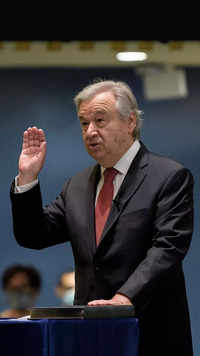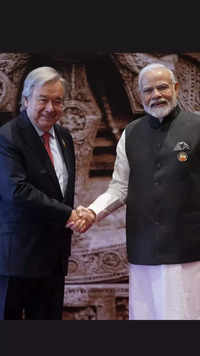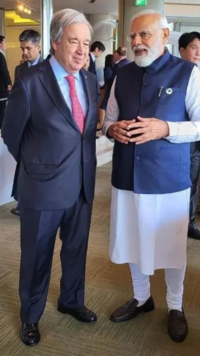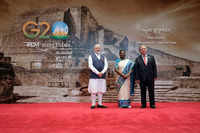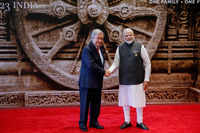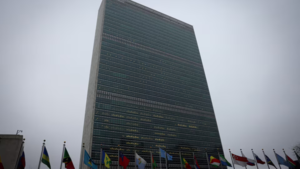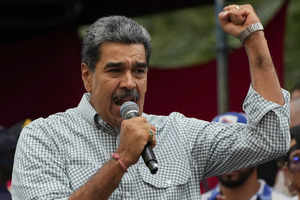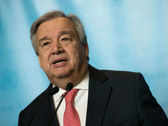
Antonio Guterres
Antonio Guterres assumed the role of the ninth Secretary-General of the United Nations on December 12, 2016, succeeding the South Korean diplomat Ban Ki-moon.
Guterres is the first European to hold the position since Kurt Waldheim of Austria, who served from 1972 to 1981.
Prior to his tenure as Secretary-General, Antonio Guterres held various significant roles in both national and international politics.
He served as the Prime Minister of Portugal for an extended period from 1995 to 2002. Following his time in Portuguese politics, Guterres, as a member of the Socialist Party, assumed the presidency of the Socialist International, a global organization of social democratic and socialist parties, until 2005.
Guterres later transitioned into the United Nations system, taking on the role of United Nations High Commissioner for Refugees (UNHCR) in 2005. He remained in this position until 2015.
During his tenure as UNHCR, he spearheaded vital structural reforms within the organization. One of his notable actions during this period was the appointment of Hollywood actress Angelina Jolie as a Special Envoy, highlighting the importance of raising awareness and support for refugee-related issues.
Guterres's selection as UN Secretary-General marked a departure from the traditional process of picking the Secretary-General behind closed doors.
A new, more transparent method was employed, aimed at ending the practice of selecting the Secretary-General behind closed doors.
In this reformed process, Guterres and 12 other candidates vying for the top UN job were required to present their views on various topics and engage in public discussions, marking a more open and inclusive approach to the appointment.
Guterres is the first European to hold the position since Kurt Waldheim of Austria, who served from 1972 to 1981.
Prior to his tenure as Secretary-General, Antonio Guterres held various significant roles in both national and international politics.
He served as the Prime Minister of Portugal for an extended period from 1995 to 2002. Following his time in Portuguese politics, Guterres, as a member of the Socialist Party, assumed the presidency of the Socialist International, a global organization of social democratic and socialist parties, until 2005.
Guterres later transitioned into the United Nations system, taking on the role of United Nations High Commissioner for Refugees (UNHCR) in 2005. He remained in this position until 2015.
During his tenure as UNHCR, he spearheaded vital structural reforms within the organization. One of his notable actions during this period was the appointment of Hollywood actress Angelina Jolie as a Special Envoy, highlighting the importance of raising awareness and support for refugee-related issues.
Guterres's selection as UN Secretary-General marked a departure from the traditional process of picking the Secretary-General behind closed doors.
A new, more transparent method was employed, aimed at ending the practice of selecting the Secretary-General behind closed doors.
In this reformed process, Guterres and 12 other candidates vying for the top UN job were required to present their views on various topics and engage in public discussions, marking a more open and inclusive approach to the appointment.
Antonio Guterres News
Antonio Guterres Photos
